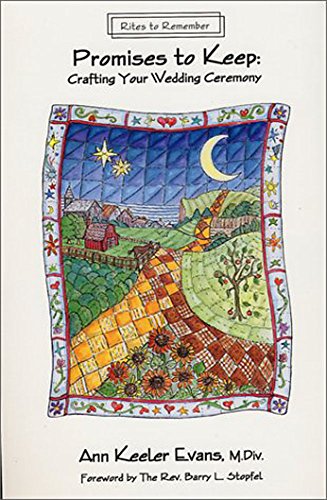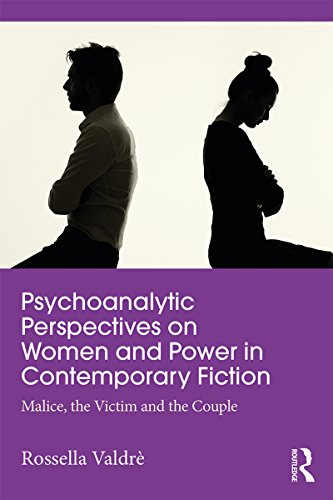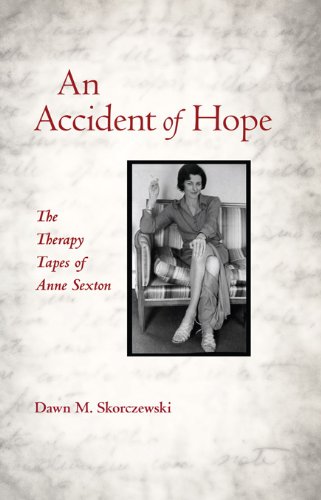By Dawn M. Skorczewski
In 1956, Anne Sexton was once admitted right into a psychological health center for post-partum melancholy, the place she met Dr. Martin Orne, a tender psychiatrist who taken care of her for the next eight years. In that point Sexton may blossom right into a world-famous poet, best known for her "confessional" poems facing own topics now not often represented in poetry at the moment: psychological ailment, melancholy, suicide, intercourse, abortion, women's our bodies, and the normal lives of moms and housewives. Orne audiotaped the final 3 years of her remedy to facilitate her skill to recollect their periods. the ultimate six months of those tapes are the focal point of this book.
In An coincidence of Hope, sunrise Skorczewski links the content material of the treatment with poetry excerpts, delivering a unprecedented standpoint at the artist's event and artistic approach. we will see Sexton trying to make experience of her existence and remedy and to maintain her self assurance as a massive poet, whereas suffering from the upcoming lack of Orne, who was relocating somewhere else. Skorczewski's examine presents an intimate, in-depth view of the treatment of a psychologically tortured but immensely artistic girl, in the course of a interval of rising feminism and cultural switch. Tracing the mutual improvement of the poet and the therapist in the course of their years jointly, the writer explores the stress among the classical healing surroundings as practiced within the early Sixties and modern relational and developmental strategies in psychoanalysis, simply then commencing to emerge.
An coincidence of Hope additionally increases broader questions about the nature of therapeutic in psychotherapy. The poet and therapist we come upon in those periods current complicated and conflicted images of the healing and inventive technique. Orne, equivalent elements honesty and hesitancy, works to reinforce Sexton's self-image and preserve that she is greater than the sum of her poetry. Sexton, working against a bent to conceal from her such a lot painful emotions, valiantly pushes to inform the reality in remedy, whereas her poems invite the readers to work out one other part of the story.
Just as Orne stored the audiotapes in order that in the future they could support others who are suffering, An coincidence of Hope tells the tale of a remedy yet strikes past it. by way of delivering a glimpse into the prior, the current is open for reappraisal, either one of Sexton herself and the legacy of psychoanalytic treatment.









